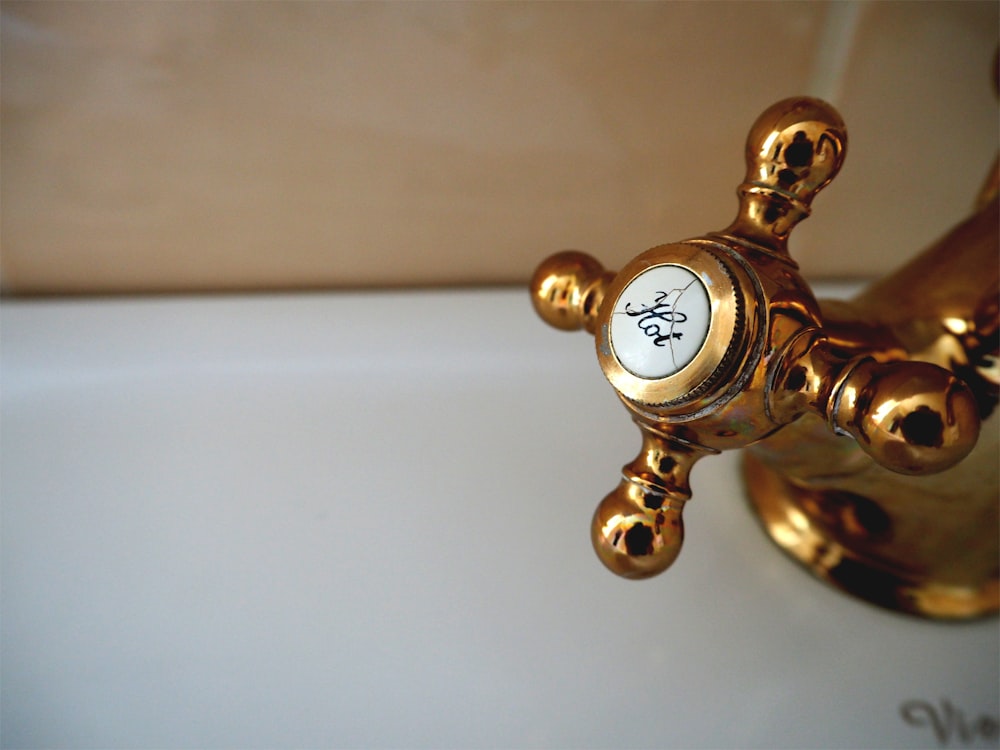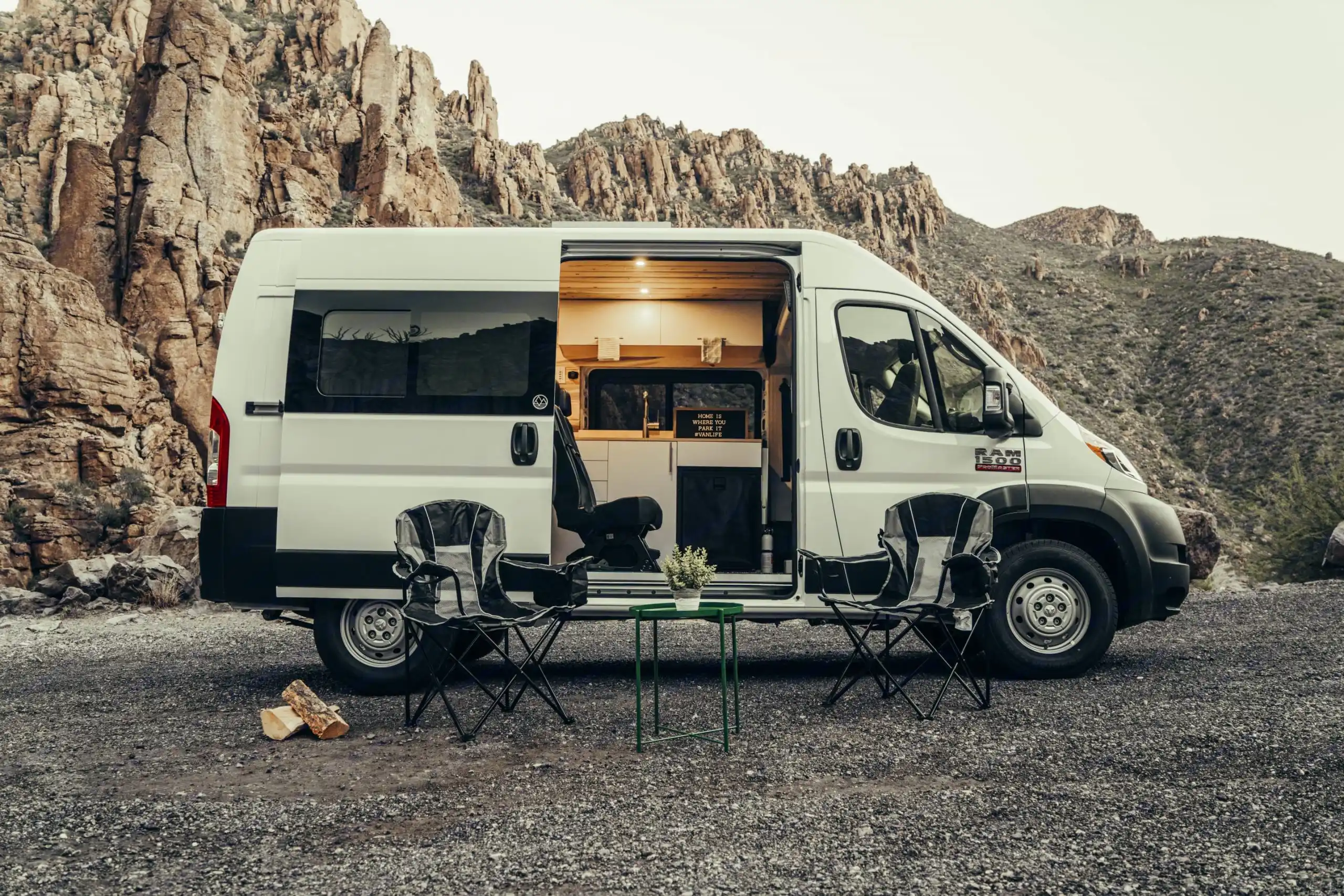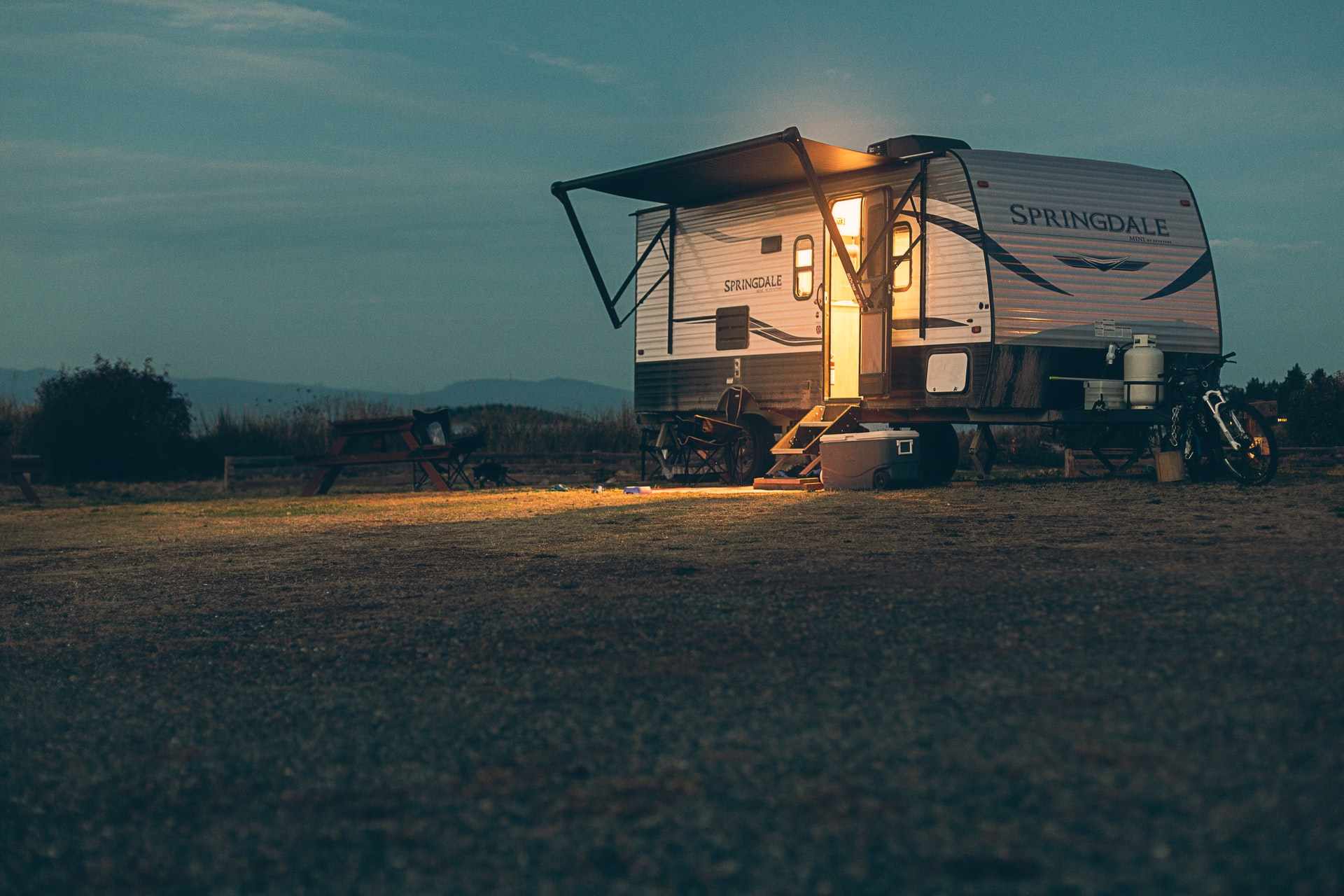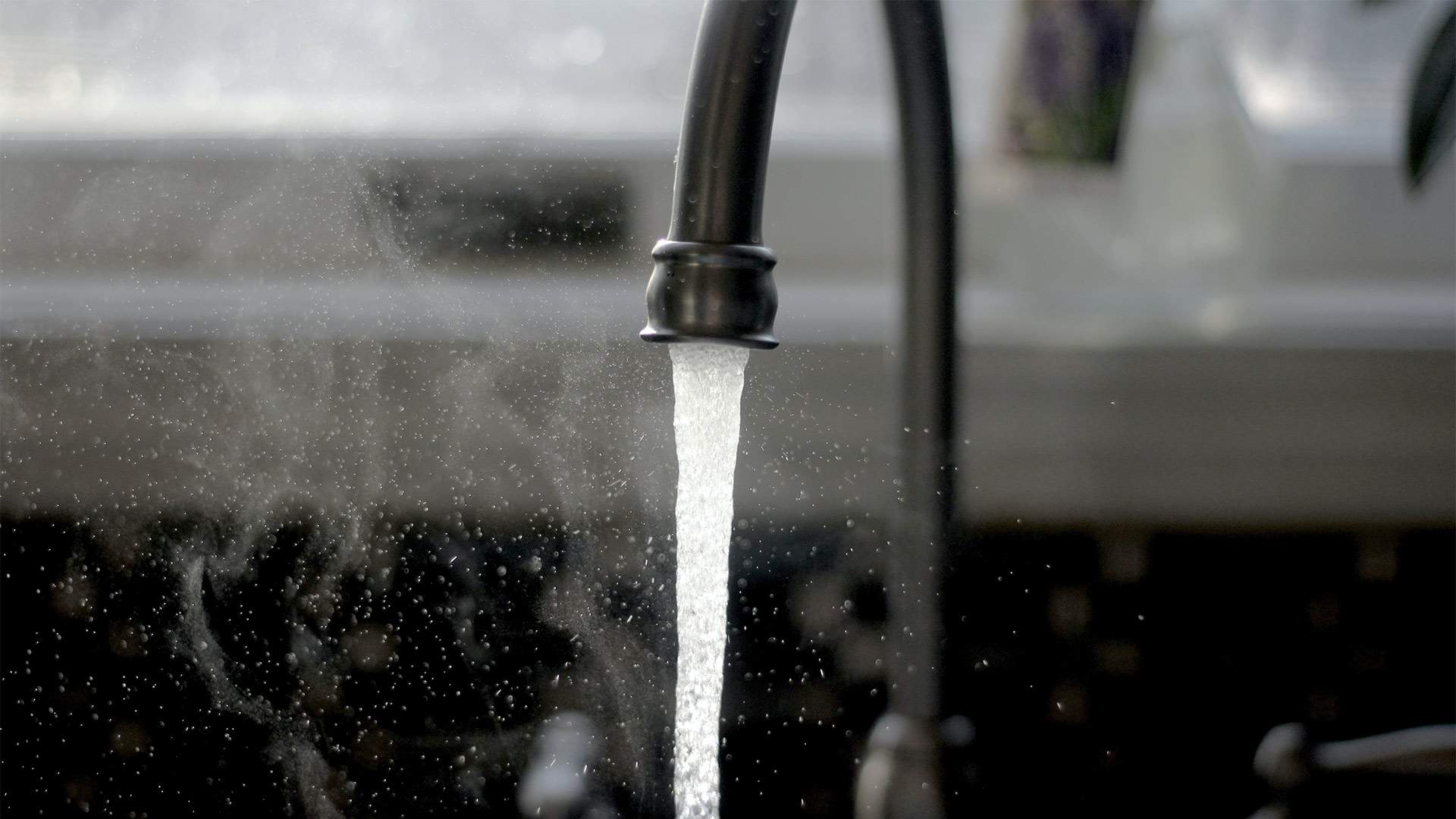Tent camping is a blast, but RV camping lets you bring the comforts of home with you into the deepest stretches of nature. One such comfort is an abundant flow of hot water. RV water heaters make this possible even when you’re in the middle of nowhere and not hooked up to electricity.
Water heaters in campers have operated in much the same way for decades because their simple design has stood the test of time. That said, there are a few different types of RV water heaters on the market today. Knowing how they operate and how to maintain them will keep you rolling in comfort and style in your rented or owned RV.
RVs For Rent Near You

RV Water Heater Types
Here are the four types of RV water heaters you’ll find.
Propane (LP) Only RV Water Heater
This is the original style of RV water heater that will run in virtually any condition so long as you have propane gas in your tanks and a bit of 12v power in your RV batteries. These camper water heaters run in much the same way as a gas-fired water heater in your home — a spark is generated that ignites a small flame in a heating tube. The flame then heats up the water in a tank. Hot water tanks in most RVs range from 6-10 gallons in size.
Gas-fired RV water heaters need a bit of 12-volt power from your RV batteries to operate the switches that automatically turn the flame off once the water is hot. These switches also provide vital safety features such as not allowing continued gas flow if the system detects a failure to ignite.
Gas-only RV water heaters are an especially wise choice if you plan to boondock— or camp without electrical hookups— because they use a minimal amount of 12v power from your batteries. Gas-fired RV water heaters require a relatively small amount of propane to keep your camper water hot. This means you can park your camper in the boonies and still have hot water for a long period.

Gas + Electric RV Water Heater
Many modern RVs come equipped with hybrid RV water heaters that can run on gas, 120v electricity, or both. While their upfront costs are higher than gas-only RV water heaters, these hybrid heaters can be a great option if you tend to stay at campgrounds with included electric.
In this case, your water heater will simply use your included electricity to keep your camper’s water hot. These hybrid RV water heaters also allow you to run the gas and electric heating elements at the same time. The simultaneous electric and gas power heats your water more rapidly.
Two drawbacks of electric RV water heaters are that they take longer to warm up than gas-fired water heaters and that they use a significant amount of electricity. If you were to run both an electric RV water heater and your air conditioner, for example, you might trip a breaker in a smaller camper.
Tankless RV Water Heater
Tankless RV water heaters are the new kids on the block when it comes to water heaters for campers. The vast majority of RV water heaters have tanks that range in size from 6-10 gallons. Given that most residential water heaters hold over 40 gallons, you can easily run a tanked-RV water heater out of hot water during a long shower.
Tankless water heaters solve the running-out-of-water problem by heating the water as it moves through your pipes. In theory, this means you’ll have an endless supply of hot water as long as you have water coming into your camper. Tankless RV water heaters, however, are more expensive, more sensitive to lower water pressure, and are more complicated to maintain than RV water heaters with tanks.
MotorAid RV Water Heater
MotorAid is one-half an option because it’s a supplemental feature on many motorhomes. This feature recycles engine heat by circulating it around the water heater tank. As a result, you’ll have hot water when you hit your destination because your engine’s normal operating temperature has heated it. Once you park, you’ll need to depend on propane gas or electricity to continue heating your water.

Which type of RV water heater should you choose?
Choosing an RV water heater depends on your unique situation. If you plan to camp in locations where electricity is included, the gas+electric hybrid RV water heater would be a great choice. If you plan to camp without electric hookups, a gas-only RV water heater is a reliable and affordable option. For those living full-time in their camper and/or those who have a family planning to take lots of hot showers, a tankless RV water heater will provide you and the family a steady stream of steam.
Tips for Operating an RV Water Heater
Here are five things to keep in mind when owning or operating an RV water heater.
- Atwood or Suburban will likely manufacture your RV water heater. These RV water heaters are highly reliable, and parts for them are readily available at any RV parts store. If you choose to do a tankless water heater, Girard is the main manufacturer for those.
- Be sure to drain your water heater in the winter. RV water heaters with tanks are all equipped with a plug to drain the tank. When you winterize your camper, you need to drain your RV water heater. This will ensure the water in the tank doesn’t freeze and cause damage.
- An anode rod will help your camper’s hot water heater last longer. An anode rod is a simple and affordable device that will prevent corrosion and build-up inside your water heater. Using an RV water filter will also assist in removing particles from your water system.
- You can adjust RV water heater temperature. Much like residential water heaters, you can modify the temperature of your camper’s water heater to your liking. Check the owner’s manual of your camper’s water heater for details.
- Insects will often build nests in your camper’s water heater when you store it. That’s why you need to be sure to clean the heater tube in your RV water heater every time you get back in your rig for the season. It’s also a best practice to put insect guards like these over your heater exhausts.
Water heaters in travel trailers are some of the simplest and most reliable appliances on the planet. By just doing routine maintenance outlined above, you’ll have hot fresh water for years!

Basic RV Water Heating Trouble Shooting
If you’re having difficulty with RV water heater operation there are a few things that may help:
- Problem: Your water heater doesn’t ignite. You should first check to make sure you’ve got 12v electricity to the water heater. If you have electricity, then the problem is likely in your circuit board or ignitor. Both of these parts can be easily found at an RV parts store.
- Problem: You hear the ignitor clicking but the heater is still failing to ignite. You might have an issue with propane gas getting to your RV water heater. In this case, call a qualified professional to inspect your LP gas system.
- Problem: Your RV water heater ignites but seems to be burning poorly or not heating up quickly. Turn your water heater off and inspect the heating tube for obstructions. Clean out any dirt or grime you find in there to improve heating.
YouTube and RV forums can be your best friend when troubleshooting. Whatever your problem is, chances are, you’re not the first one who has had the issue. Other RVers are always happy to help get to the root of your RV woes!
Here’s a great video with tips about water heater troubleshooting from The Great Outdoor RV.
FAQs About RV Water Heaters
Get answers to commonly asked questions about RV water heaters.
What types of RV water heaters are there?
RV water heaters come in three main types: gas, electric, and hybrid models. Gas water heaters use propane, electric models rely on shore power, and hybrids can switch between gas and electric depending on availability.
How does an RV water heater work?
RV water heaters heat water stored in a tank using either propane or electricity. Tankless models heat water on demand, offering unlimited hot water when connected to a consistent energy source.
How do I maintain my RV water heater?
Regular maintenance includes flushing the tank to remove sediment, replacing the anode rod annually (if applicable), and inspecting connections for leaks. Proper winterization is essential in cold weather to prevent freezing.
What size water heater do I need for my RV?
Most RV water heaters have a capacity of 6–10 gallons. Choose a size based on your usage. A larger tank may suit families, while solo travelers may prefer smaller options.
How do I turn on my RV water heater?
- Gas Models: Light the pilot or turn on the gas switch if equipped with an automatic igniter.
- Electric Models: Flip the water heater breaker or switch to the “On” position.
- Hybrid Models: Choose your energy source (gas or electric) and activate the corresponding control.
Why is my RV water heater not working?
Common issues include pilot light failure, a tripped circuit breaker, or a faulty thermostat. Check your user manual for troubleshooting guidance or contact a technician if the issue persists.
Do I need to winterize my RV water heater?
Yes, if you plan to store your RV in freezing temperatures. Drain the water heater and bypass it using the RV’s water heater bypass valve. Add RV antifreeze to the water lines to protect them from freezing.
Can I upgrade my RV water heater to a tankless model?
Yes, tankless water heaters are a popular upgrade for RVers who want continuous hot water. Ensure your RV’s propane and electrical systems can support the new unit, and consult a professional for installation if necessary.
Hit the Road
RV water heaters are relatively simple devices that allow us to enjoy many household comforts while on the road. By understanding the basics of RV water heaters, how to maintain them, and how to keep them operating, you can be sure to keep everyone happy in the great outdoors.
Want to rent out your RV? List it here for extra income.








